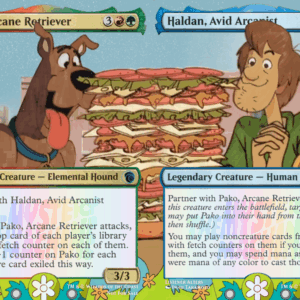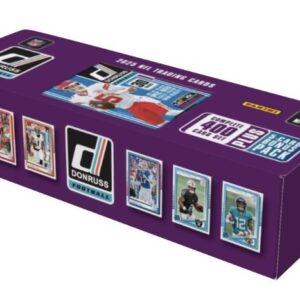Beckett Grading Services, a once prominent figure in the sports card grading sector, finds itself embroiled in a deepening crisis. The decline, as evidenced by November data from GemRate, paints a distressing picture – with only 32,000 cards graded, marking a significant drop from the previous month and a substantial decline from the same period last year. The troubling trend highlights the company’s struggles, especially considering its less severe 13% decrease in August.
The situation has been further aggravated by the legal issues surrounding Greg Lindberg, the owner of Beckett’s parent company. Lindberg’s recent admission of guilt in a massive $2 billion insurance fraud scheme has added to the turmoil, amplifying the challenges faced by the already faltering grading company.
These legal battles have brought to the fore significant financial instability within the company. Revelations from court documents have shed light on Lindberg leveraging a $100 million loan against Beckett Grading Services, yet the company reportedly only received a mere $500,000 from the loan. These missteps have raised doubts about Beckett’s ability to bounce back, with the potential of liquidation looming as Lindberg’s assets undergo scrutiny, further jeopardizing the company’s future.
The damaging revelations have shaken confidence among collectors, compounding the obstacles Beckett faces in maintaining its position in the highly competitive grading industry. While the scandal engulfs Beckett, the industry at large is experiencing significant growth, which the company has notably failed to capitalize on. Among the significant grading entities, Beckett stands as the only one facing a decline, with PSA, SGC, and CGC Cards all showcasing growth in varying degrees.
Beckett has now slipped to the fourth position behind CGC Cards, traditionally known for TCG and non-sport card grading. Despite CGC’s dominance in these areas, it managed to surpass Beckett in sports card grading in November, reflecting Beckett’s struggle to retain its share of the market. While Beckett excels in grading ultra-high-grade cards like Black Label 10s and Pristine 10s, particularly appealing to TCG collectors, its competitors have redoubled their efforts to draw attention away from its offerings.
The company’s diminishing role in grading iconic cards, such as legendary pieces like the 1952 Mickey Mantle and the 1989 Upper Deck Ken Griffey Jr., further underscores its waning influence in areas where it once thrived. Despite its success in some niche markets, Beckett’s inability to adapt to industry changes and fierce competition poses a significant threat to its future viability. The company’s reputation for premium graded cards still holds sway in certain niches like high-end basketball cards and TCG grading, but the overall decline in grading volume suggests deeper systemic issues within the organization.
As Beckett Grading Services navigates through the storm of legal troubles and heightened competition, the future remains uncertain. Will the company manage to restructure and reclaim its position, or will it continue its downward trajectory? With industry enthusiasts and observers closely monitoring the company’s next steps, all eyes are on Beckett to see if it can weather the storm of adversity and emerge stronger on the other side.






